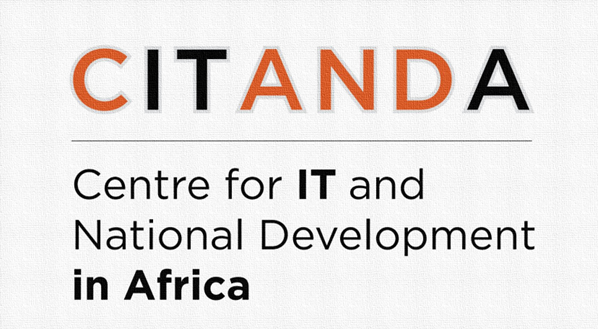Abstract
Prescriptive knowledge constitutes one of the important contributions of information systems design theorizing in information systems (IS) research. Existing methods for IS design theorizing apply kernel/reference theories as sources of justificatory knowledge that serve to justify and validate the knowledge produced. This has gaps in guiding how specific contexts of stakeholders and their practices can be entertained in the design process. This research attempts to address the above void, taking a socio-technically complex agricultural extension information service and the contexts that define it into account. The research builds on an existing IS design theory framework and shows how it can be improved by incorporating context into its components. It contributes to theory by adapting the existing frameworks using contextual insights from the local development practices and the stakeholders’ conditions. It in turn contributes to practice by developing a context-specific knowledge that can guide practitioners engaged in rolling out information and communication technology for development interventions in such environments.


